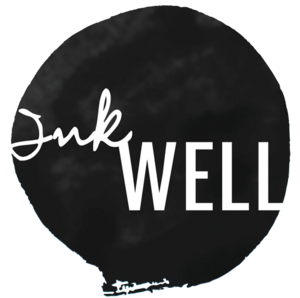Do you have a short piece you’d like to publish, be it an essay, story, poem, etc.? This article is an overview of how to get started on your publishing journey.
Submit your best work, so submissions should be closely edited. Consider joining a writing group, trading work with writing partners or even working with a professional editor. Once the work is edited, you want to understand how it fits into the literary scene, so reading is important. For instance, is there an author whose work is similar to yours? Where have they been published? Can you submit your work to the same (or similar) places?
It’s now time to investigate where to submit your work: anthologies, contests, online and print journals and magazines may all be options. To learn about submission opportunities I recommend joining in person or online writing groups and newsletters. Things to consider when reading submission guidelines: what type of work do they publish? What’s the word count? Is there a theme? What’s the submission period? Is it paid? If you are planning to apply for grants or working on building your CV, you may want to focus on paid opportunities. I suggest finding a way to keep track of the submissions you are interested in (especially the due dates) and where you’ve submitted your work.
In terms of the actual submission, the process is different for each publication, so I recommend closely reading the guidelines for each publication and adjusting your cover letter, biography, formatting etc. to match the needs of the publication. The more places you apply, the better chance you have of being published. If your work is accepted, ensure that you notify the other publishers. Best of luck, and keep writing and submitting!
For more advice on submitting to literary magazines and journals check out this CBC article: https://www.cbc.ca/books/canadawrites/a-guide-to-canadian-literary-magazines-and-journals-open-to-submissions-1.4242191
Emily Gillespie

